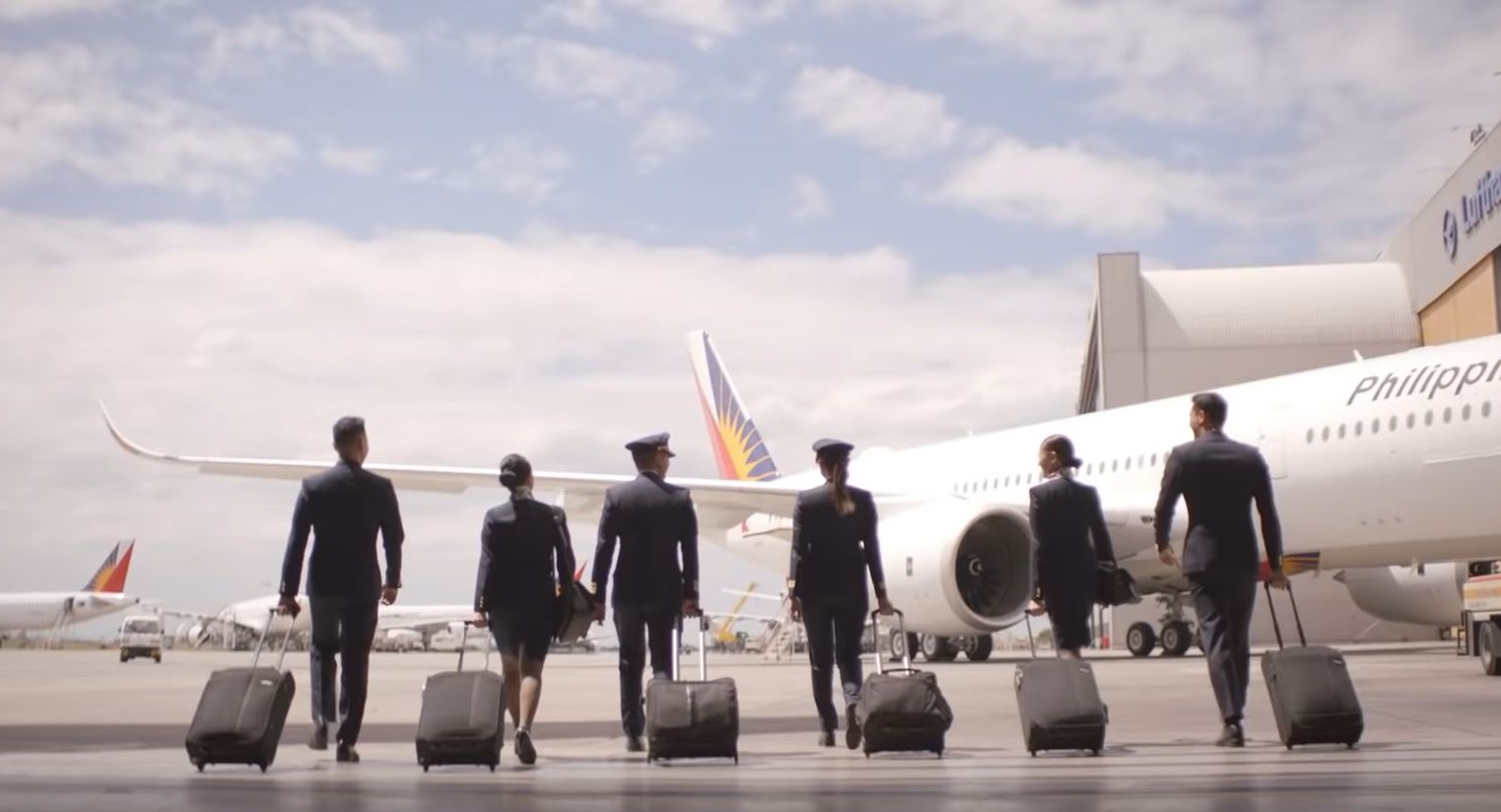In a digital era marked by rapid technological progress, the airline industry is at the forefront of embracing the transformative potential of digital innovations. This digital revolution is a global phenomenon that is significantly reshaping the aviation sector worldwide.
In the Philippines, the aviation industry is diligently harnessing the transformative power of digital technologies, leading to improvements in operational efficiency, customer service, and overall growth.

Digitizing Pilot Training
The role of digital transformation extends beyond operational enhancements into the realm of pilot training in the Philippines. Increasingly, traditional methods of training pilots are being replaced with sophisticated digital solutions. Flight simulators and virtual environments have indeed become essential tools in providing pilots with a realistic training experience in a safe and controlled setting. They enable pilots to get hands-on experience and practice emergency procedures in simulated conditions, providing invaluable preparation for real-life scenarios.
In addition, e-learning platforms and adaptive training methodologies are emerging as strong alternatives to traditional classroom learning. These digital learning platforms offer a flexible, self-paced structure and allow for the continuity of education. Their importance has been underscored during global crises such as the COVID-19 pandemic, ensuring training programs could continue without disruption.
Boosting Airline Operations with SAP & Oracle
In the realm of operations, comprehensive software solutions from global tech giants such as SAP and Oracle have emerged as critical contributors to the industry’s advancement. These solutions bring a multitude of benefits to the table, including operational streamlining, revenue management, customer service enhancements, and overall efficiency improvements. They integrate various aspects of airline management into cohesive platforms, simplifying complex processes and driving significant productivity gains.
In the Philippine context, the transition of Philippine Airlines to Rimini Street Support has been a major step in this digital journey. This strategic move away from a traditional Oracle footprint not only demonstrates their confidence in third-party solutions but also represents an industry-wide trend. It signifies a strategic shift towards more flexible and scalable solutions that can adjust and adapt to an airline’s evolving needs. This development is especially crucial given the dynamic and fast-paced nature of the aviation industry, where the ability to quickly adapt and respond to changes can make substantially affect the bottom line.
Navigating Digital Challenges
Despite the manifold benefits, the path of digital transformation is not devoid of challenges. In a world where operations and customer interactions are increasingly digital and interconnected, cybersecurity has emerged as a significant concern. Airlines manage vast amounts of sensitive data, from personal customer details to crucial operational information. As such, they need to prioritize investment in robust digital defense mechanisms to protect this data from the ever-growing threat of cyberattacks.
Moreover, digital transformation inevitably leads to changes in job roles and skill requirements. This evolution necessitates a concurrent transformation of the workforce. Airlines must focus on continuous upskilling of their employees, promoting digital literacy, and fostering a culture of tech-savviness. These steps will ensure that employees can confidently navigate the evolving digital landscape and effectively contribute to their organizations’ digital endeavors.
Customer Experience in the Digital Age
In the age of customer-centric businesses, the digital revolution is profoundly transforming the experience of airline passengers. Digital technologies enable airlines to offer a much more personalized, efficient, and seamless service to their customers. The customer journey, from initial booking through to final arrival, has been streamlined with the integration of digital tools.
Digital bookings and check-ins, for example, have revolutionized the way passengers start their journey. Real-time flight updates keep them informed and help manage expectations. In-flight, passengers now enjoy more personalized services, with airlines being able to cater to specific needs and preferences. Digital feedback mechanisms also ensure that airlines can continuously learn from their customers’ experiences, leading to service improvements and enhanced customer satisfaction.
Data-Driven Decision Making
The rise of big data and artificial intelligence is similarly inspiring a similar trend in airline decision-making. Indeed, the use of data analytics and AI enable airlines to gain a deep understanding of customer behavior patterns, predict trends, and make proactive, informed decisions.
These data-driven insights extend beyond customer behavior to operational aspects such as route planning and demand forecasting. They allow airlines to identify opportunities for improvement, make strategic decisions, and drive operational efficiency. By leveraging these technologies, airlines can ensure they are well-equipped to succeed in the increasingly competitive aviation industry.
Sustainability through Digitalization
Digital transformation is not just about improving operations and enhancing customer experiences, but it also holds significant potential for sustainability in the airline industry. Advanced digital solutions from companies like SAP and Oracle are helping airlines in their sustainability goals.
These tools enable airlines to optimize fuel consumption, one of the most significant contributors to an airline’s environmental impact. They also assist in effective route planning, helping to minimize unnecessary fuel usage. Additionally, digital solutions can help airlines implement waste-reducing measures, leading to more sustainable in-flight services. The resulting progress contributes to global sustainability goals, underscoring the broad impact of digital transformation in the airline industry. In conclusion, the journey of digital transformation in the Philippine airline industry is a continual process with many opportunities and challenges that still lie ahead. As the industry continues to innovate and adapt to the digital revolution, it stands to gain from improved operations, enhanced customer experiences, and sustainable practices. The future of the Philippine airline industry in the digital age is indeed promising, with exciting prospects for continued growth, advancement, and transformation.
- Google to Use DHL Express GoGreen Plus Service - July 27, 2024
- Taiwan at the Forefront of Green Economy - July 26, 2024
- Discover Tohoku in the Summer - July 25, 2024








